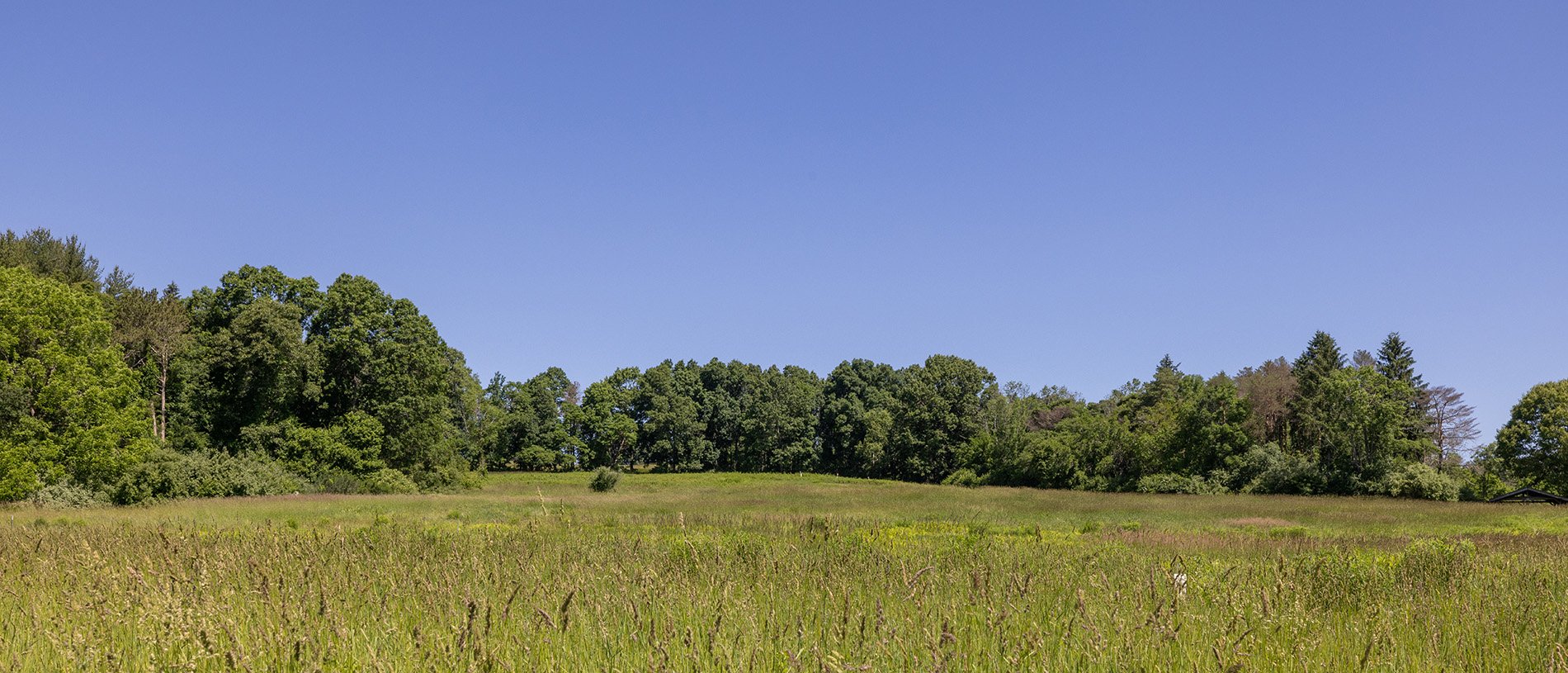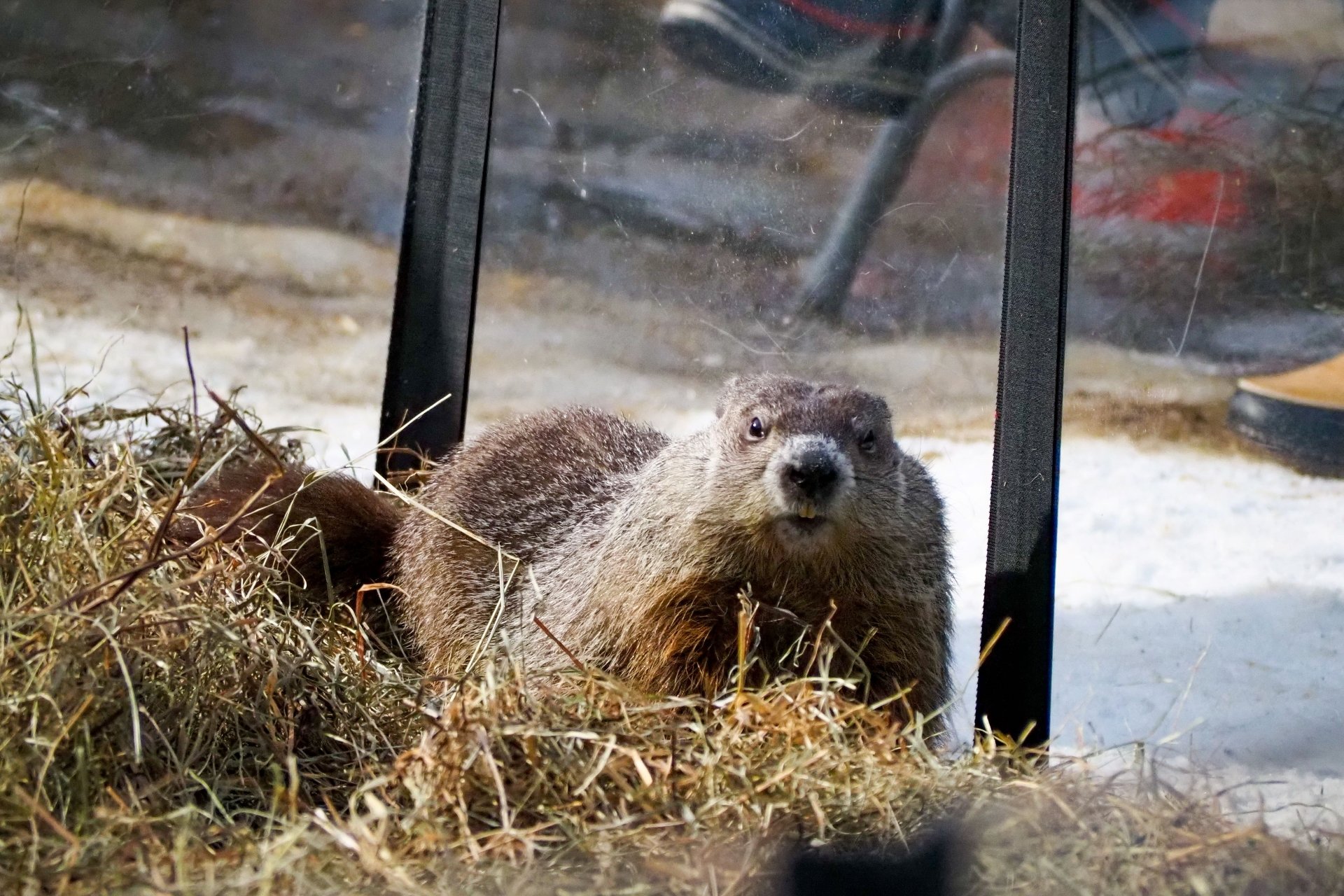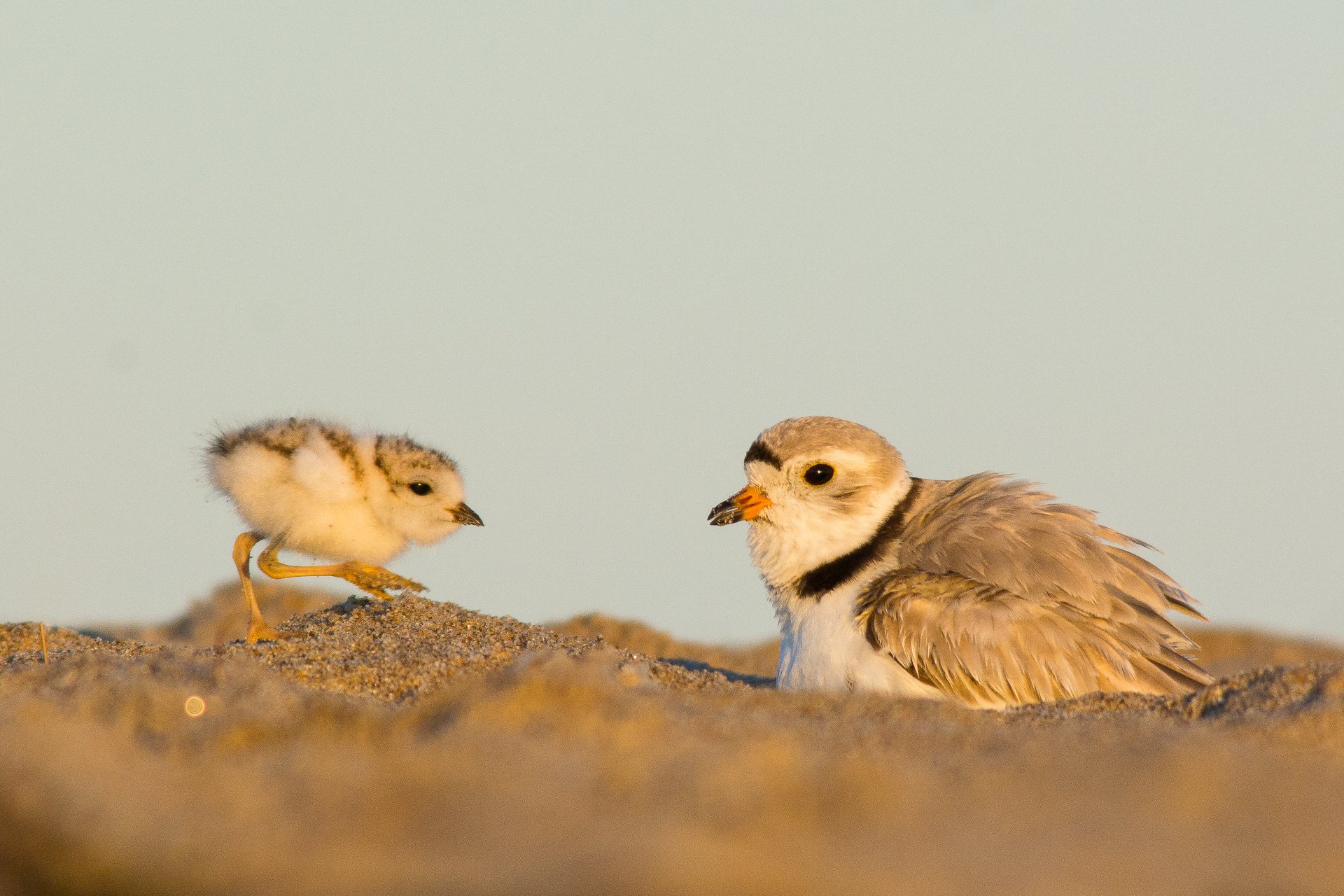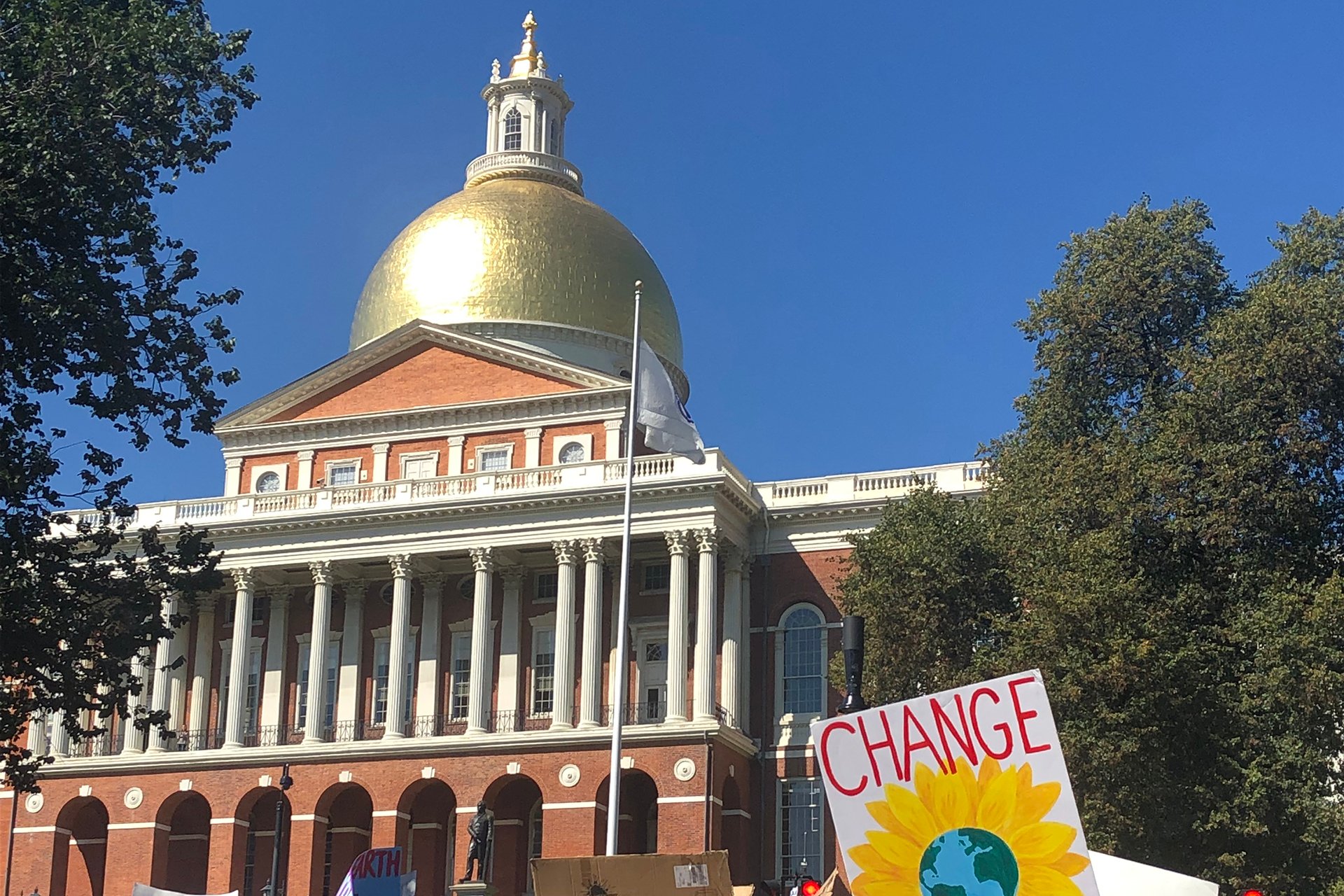BBC Nature Series Focusing on Cape Cod Sea Turtle Rescues Features Wellfleet Bay, NE Aquarium
Press Release
January 14, 2021
LINCOLN, MA.—Cape Cod’s annual cold-stunned sea turtle phenomenon and the coordinated network of people and organizations that responds are featured in a new television nature series for BBC and Discovery premiering in the U.S. and around the world this month.
A Perfect Planet, an exquisitely filmed five-part series hosted by Sir David Attenborough, demonstrates that while the interaction of Earth’s natural forces—sunlight, volcanoes, oceans—supports an abundance of life, human activity threatens to upend that delicate balance. The sea turtle rescue program is featured in the final episode of the series, “Humans,” which also examines efforts being made to address climate change and other human-induced environmental threats.
Videographers from Silverback Films, which produced the series, spent more than a week on Cape Cod in November 2019 photographing staff and volunteers for Mass Audubon’s Wellfleet Bay Wildlife Sanctuary as they patrolled beaches in search of cold-stunned sea turtles and transported them to the New England Aquarium’s sea turtle hospital in Quincy for life-saving veterinary treatment. The film provides a close-up view of the state-of-the-art medical care and facilities used to triage and rehabilitate turtles.
Many scientists believe that climate change plays a role in the Cape’s rapidly increasing annual cold-stun phenomenon, with the Gulf of Maine warming at a faster rate than the rest of the world’s oceans. As a result, sea turtles foraging along the Atlantic coast may be traveling farther north than in previous years, and some may become trapped in the hook of Cape Cod Bay as they swim south in the fall.
Former Wellfleet Bay Director Bob Prescott, who founded the wildlife sanctuary’s sea turtle stranding program more than 30 years ago and continues to oversee it, said it’s an honor to be part of the series.
“It’s pretty amazing they picked our project to highlight climate change,” said Prescott. “It’s hard to put a face on the climate change issue. We’ve certainly heard all about polar bears. But an even rarer species, the Kemp’s ridley sea turtle, is in our own backyard being impacted by the warming of the Gulf of Maine.”
For more than 30 years, New England Aquarium has been an international leader in rescue, veterinary care, and rehabilitation of the critically endangered Kemp’s ridley, as well as loggerhead, green, and leatherback sea turtles. Since the program began, the Aquarium has admitted nearly 4,000 live sea turtles, a significant number for species that are endangered and threatened. At least 75% of cold-stunned turtles admitted to the Aquarium will recover to be released back into the wild.
“Sea turtles play an important role in the ecosystem, but their existence on this planet is at risk due to human activities, including climate change,” said Connie Merigo, Rescue Department Manager at the New England Aquarium. “I am honored to be part of a team working to save them and proud to see our efforts shared with an international audience.”
In addition to the New England Aquarium and Mass Audubon, the cold-stunned sea turtle rescue effort includes more than two dozen other marine animal rehabilitation facilities, federal agencies, as well as a volunteer pilots group, Turtles Fly Too, which transports sea turtles on private planes.
About 300 sea turtles were rescued or recovered in 2019, but more than three times that many were rescued this past fall.
In the U.S., A Perfect Planet is available on the Discovery family of networks’ new streaming service, Discovery+. The episode “Humans,” which includes the sea turtle rescue segment, premieres on Sunday, January 24.
About Mass Audubon
Mass Audubon is the largest nature-based conservation organization in New England. Founded in 1896 by two women who fought for the protection of birds, Mass Audubon carries on their legacy by focusing on the greatest challenges facing the environment today: the loss of biodiversity, inequitable access to nature, and climate change. With the help of our 160,000 members and supporters, we protect wildlife, conserve and restore resilient land, advocate for impactful environmental policies, offer nationally recognized education programs for adults and children, and provide endless opportunities to experience the outdoors at our wildlife sanctuaries. Explore, find inspiration, and take action at massaudubon.org.






